Vital modern languages could be lost, warns Labour
- Published

Exam boards have announced plans to drop qualifications in a range of modern foreign languages
Some modern languages vital to the UK's economic future could be lost from schools in England, Labour has warned.
Exam boards have announced plans to drop qualifications in languages such as Portuguese and Turkish.
Ministers should take urgent action to ensure they are not lost from the curriculum, shadow education secretary Tristram Hunt said.
The government said its reforms did not stop boards developing qualifications in any language they chose.
'Lesser-studied'
Labour says the loss of qualifications in lesser-studied languages follows government changes to GCSEs and A-levels.
The party has highlighted recent announcements by exam boards OCR and AQA listing the subjects they would still offer at GCSE and A-level and those they would discontinue.
OCR, external said it would be dropping GCSEs and A-levels in Turkish, Portuguese, Persian, Gujarati and Dutch.
And AQA, external has announced the end of A-levels in Polish, Punjabi, Modern Hebrew and Bengali.
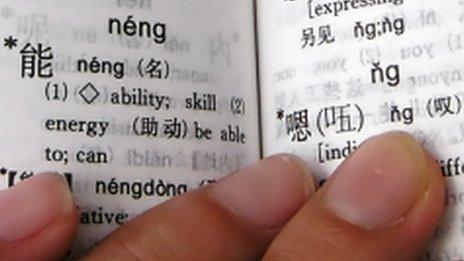
Not enough people in the UK have ability and skill in crucial foreign languages, said the CBI last year
Mr Hunt said the government had "caused chaos in our education system, rushing through changes on a political timetable... to the detriment of the kind of broad and stretching curriculum needed in our schools if we are to succeed in a country in the global economy".
He added: "Precisely at the time we need to be harnessing our entrepreneurial capital and soft power in the new emerging economies, the government's actions will lead to fewer young people being able to take A-Levels in Portuguese, Turkish, Gujarati and Punjabi."
He called on Education Secretary Nicky Morgan to take "urgent action" before Parliament is dissolved for the election campaign "so that these subjects are not lost from our education system".
Fluent staff
Labour said Education Minister Nick Gibb told a debate in Parliament this week he agreed with the importance of languages for future economic growth.
He referred to last year's CBI report, external which found 65% of businesses valued language skills, particularly for building relations with overseas customers and suppliers.
Mr Gibb also acknowledged that British firms increasingly demanded staff who were fluent in Mandarin, Arabic, Polish and Turkish - but he said Turkish GCSE had only 1,403 entries last year and Turkish A-level 354 entries.
A Department for Education spokeswoman said there were encouraging signs that the numbers of students taking GCSEs was rising following the introduction of the Ebacc league table measure, which includes a modern foreign language.
"It is down to exam boards to decide which languages they want to offer as reformed A-levels. But we will be raising concerns about non-traditional languages with the boards and asking them to reconsider their decision," said the spokeswoman.
Russell Hobby, general secretary of the National Association of Head Teachers, described the removal of lesser-studied languages as "potentially short-sighted".
"As is often the case, once specialist skills and resources are lost they are very hard to regain.
"If Turkey becomes the next big export market, for example, will we be bemoaning the loss of language skills and spending large sums to restore them?"
- Published14 July 2014
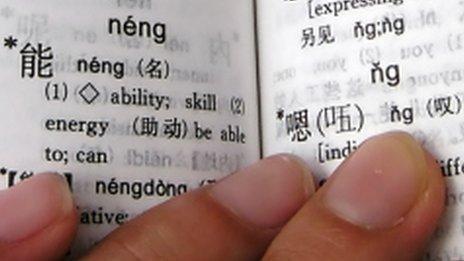
- Published22 June 2014
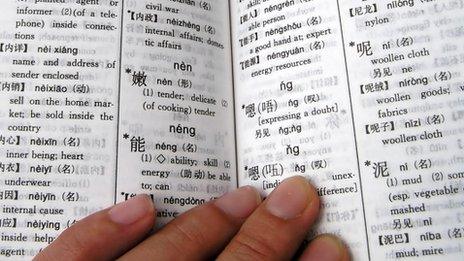
- Published20 November 2013
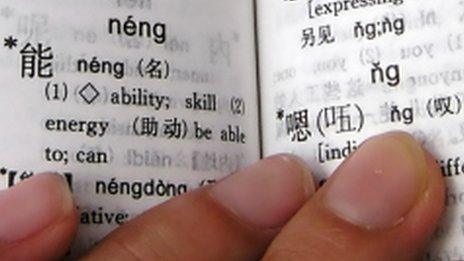
- Published25 September 2013
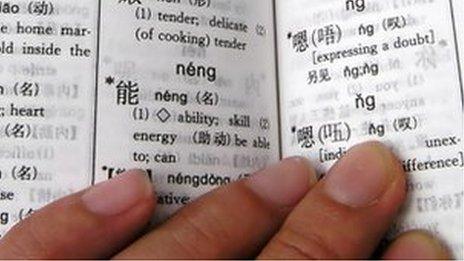
- Published21 March 2013
